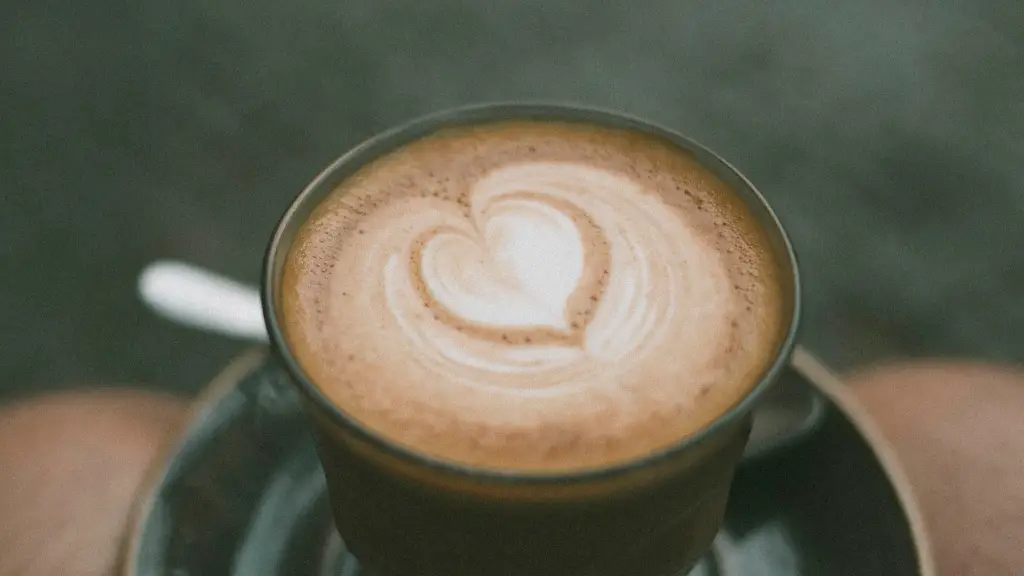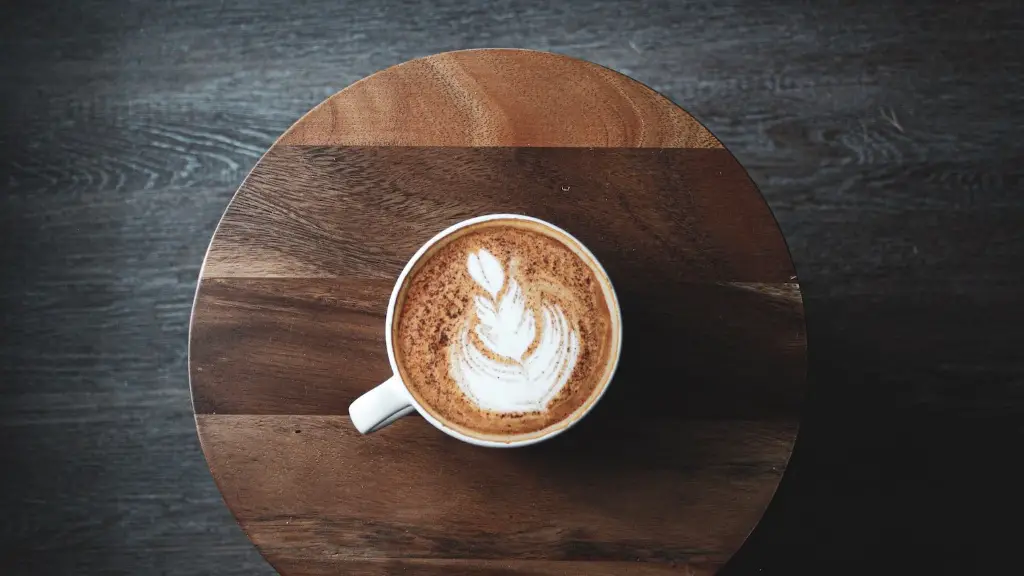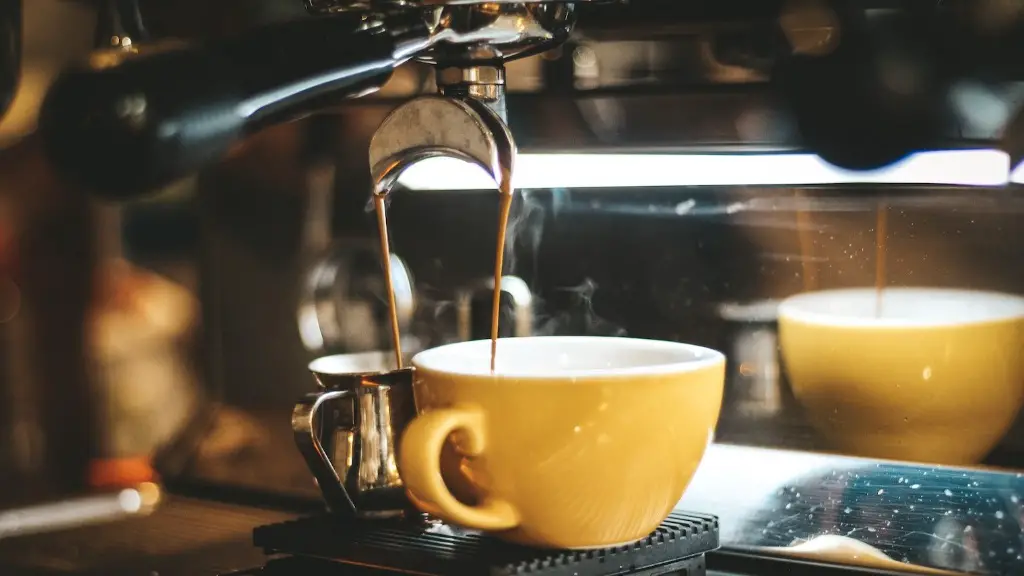Most of us have used coffee to get an energy boost or to help us stay focused. But many people have also experienced difficulty getting to sleep after drinking coffee. It’s not just a coincidence that a cup of java after dinner can send us tossing and turning all night. Caffeine is a stimulant that has the power to affect sleep.
While the effects of caffeine can be potent, not all coffee drinkers are created equal when it comes to how their bodies process the stimulant. Everyone is different and some people will experience more of an impact from their java jolt than others. Age, gender, genetics and other factors can also play a role in determining how rapidly or intensely caffeine affects you.
Caffeine is broken down by your liver, and this process can take anywhere from 3 to 7 hours, depending on a variety of factors. To put it simply – the more caffeine you take in, the longer it will take for it to be processed by your body and the more sleep disrupting effects you’ll likely experience. It can be helpful to think of caffeine as a drug, since it has the capacity to alter your cell activity, disrupt hormones, trigger your brain’s reward centre, and interfere with your ability to relax and get enough sleep.
It’s no surprise then that the World Health Organisation ranks caffeine as a moderate risk factor for lost sleep. The organisation classifies anything higher than 300mg per day as a high (>300mg) risk for sleep disturbances. That’s about three cups of coffee per day with an average of 100mg per cup although the amount will depend on how strong the coffee is prepared. But how much is too much? It’s important to be mindful that small amounts of caffeine can contribute to trouble sleeping, and the best way to avoid this is limiting your coffee intake.
Sleeping is a basic necessity for our physical, mental and emotional wellbeing and every person should be asking themselves if their coffee habit is impacting their sleep in any way. If so, it’s better to adjust your caffeine intake accordingly and make sure you’re getting enough sleep. Adopting a steady routine with quality, uninterrupted sleep is essential to ensure that the body has enough time to fully rest and reset.
How Much Caffiene Activates Insomnia
Most people can tolerate low levels of caffeine without it impacting their sleep. An approximately cup of coffee after dinner usually won’t be enough to cause insomnia, but it’s better to be mindful of not over-doing it. If you’re drinking. your coffee late in the evening and can’t get to sleep, it’s most likely caffeine related. To prevent this from happening, try to keep coffee consumption before lunchtime.
It can be tricky to keep track of your caffeine intake and in certain occasions, it can be difficult to avoid coffee and other caffeinated drinks. Despite this, it’s a good idea to keep monitoring your habits and if it’s becoming a problem, it’s best to start cutting back. It’s important to be mindful of not only the quantity of your coffee, but also the types of coffee or coffee ‘hacks’ that you’re drinking. If coffee isn’t your thing, you can opt for decaf coffee or herbal teas as alternatives.
Sleeping Patterns and Caffeine Intake
Energy drinks, soda, tea and chocolate are also sources of caffeine and this adds up quickly. During the coronavirus pandemic, with all the stress and uncertainty, there’s been a huge spike in coffee consumption. But, if you’re feeling overwhelmed, frequent coffee drinking could be exacerbating your fatigue and anxiety. The best way to regulate your energy levels and mood is to follow an adequate sleep routine and stay away from caffeine late at night. If you’re having trouble falling asleep, try to switch off all electronic devices and stay away from screens at least an hour before bedtime.
Adopting a healthy routine can help you rediscover the joy of sleeping well and motivate you to stick to it. Going to bed at the same time every night, having a warm shower, avoiding artificial light sources and eliminating distractions can be helpful.
How Lack of Sleep Impacts Emotional Wellbeing
No matter how energetic or motivated you feel after taking a cup of Joe, it could be causing more harm than good. A good night’s rest is crucial is to keep your body functioning optimally and to achieve optimal wellbeing. Sleep deprivation can lead to irritability, difficulty thinking, poor judgement, and difficulty controlling emotions. It’s easy to see why lack of sleep has been linked to depression, diabetes, obesity and stroke.
Taking breaks from caffeine allow your body to reset and will help you better understand the effects of coffee on your body. Tracking your sleep can be a great way to learn more about your sleeping patterns and figure out what’s disrupting your sleep. As you begin to understand your sleep patterns, it can be helpful to plan your days ahead to ensure that you get enough sleep. A regular sleep schedule helps ensure that you get enough restorative sleep and can also reduce stress. Once you’ve established a natural sleep/wake pattern, you can determine how much caffeine consumption is safe for you to still achieve a good quality of sleep.
Tiredness or Caffeine Withdrawal?
If you’re used to having coffee, suddenly going off caffeine can make you feel tired. While it’s normal to feel a bit of fatigue at the beginning when you’re cutting back, if your energy levels remain low after a few days of cutting out caffeine, you may be experiencing more severe withdrawal symptoms. It’s important not to confuse withdrawal symptoms with a lack of sleep.
Always remember that to ensure a good quality of sleep, it’s important to have eight hours of uninterrupted rest. Caffeine can be consumed in moderation, but if you find that it’s disrupting your sleep, it’s best to limit the quantity and type of coffee you drink and make sure you stick to a well-established daily sleep routine.
What Happens If You Stop Taking Caffeine?
If you’re used to drinking caffeine, it won’t be easy to suddenly switch to decaf or abstain from coffee altogether. That’s why it’s essential to be gentle with yourself and avoid drastic measures. Try taking fewer coffee breaks and gradually extend the amount of time you go without caffeine. If you’re struggling with acute caffeine craving, it can help to put your focus into something else such as exercising, preparing a meal or reading. Avoid stressful situations and ramp up sleep time if you have the chance.
It’s understandable that when you’re busy, exhausted and stressed out, caffeine becomes a tempting source of energy. But if you’re experiencing troubled sleep, it’s important to think twice before reaching for a cup of coffee and to take your sleep quality and health more seriously. Remember, it’s best to not take risks when it comes to your health and wellbeing.
Nutrient Deficiency with Caffeine Reduction
When reducing coffee intake, it’s important to keep an eye on nutrient deficiencies. Most coffee drinkers that cut back experience nutrient deficiency symptoms such as headaches and dizziness due to the depletion of vitamins and minerals. Avoiding caffeine-fueled fatigue and providing your body with sufficient amounts of vitamins, minerals and other nutrients is the key to avoiding such symptoms.
To prevent nutritional deficiencies and help your body adapt to the change, you should eat a balanced diet and supplement your nutrition with green juices, smoothies, and multivitamins. Eating to your nutritional needs can also help you reduce coffee drinking. Drink plenty of water and make sure to sustain your coffee intake throughout the day as opposed to drinking it all in one go.
Mindful Coffee Consumption and Sleep Quality
Once you’re ready to start drinking coffee again, it’s essential to be mindful about your workout. To drink coffee mindfully and sleep better, pay attention to what type of coffee you’re drinking and check the caffeine content of coffees, energy drinks and other beverages.
It may also be helpful to switch to decaffeinated coffee or try specialty coffee, like nitrogen-infused coffee which is blended with nitrogen gas to increase its caffeine content but also its flavour. Delivering more taste with fewer calories, it’s a great morning pick-me-up and the caffeine content is low enough so it should not disrupt your sleep.
Coffee can be a great source of energy and focus, but it’s essential to remember that drinking coffee late at night can impact your sleep quality. That’s why it’s important to understand your body’s response to caffeine, be mindful of your consumption and adjust your caffeine intake if necessary. It’s also essential to get enough sleep, stick to a gentle sleep routine and supplement your diet with vitamins and minerals. By following these strategies, you should be able to enjoy better sleep, improved energy levels, and greater wellbeing.





